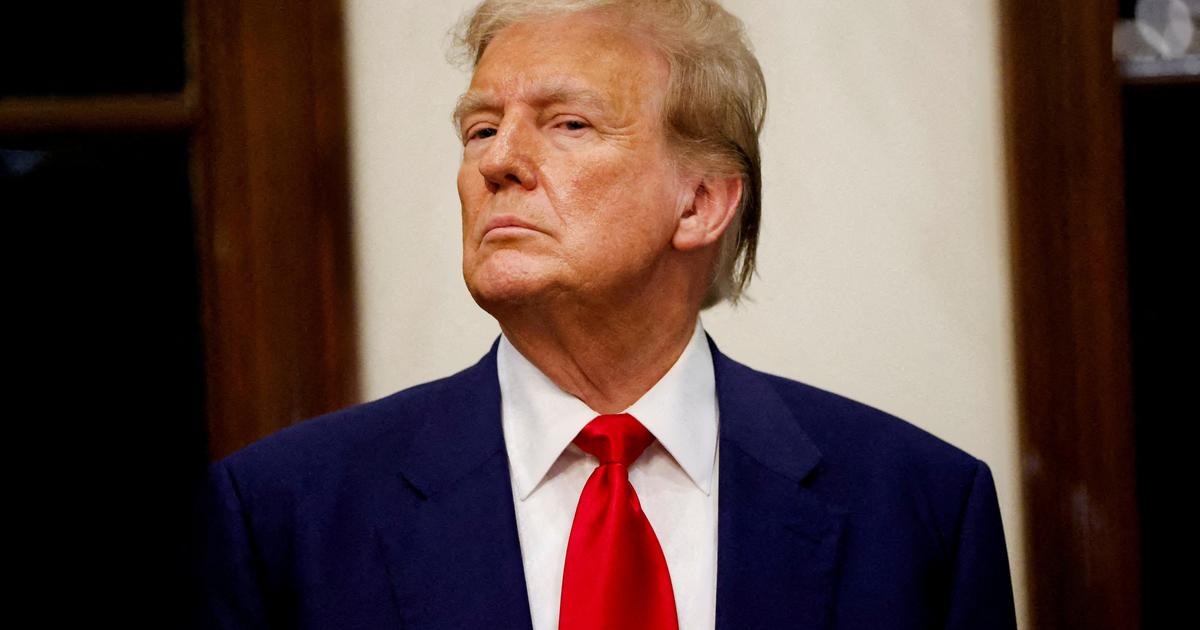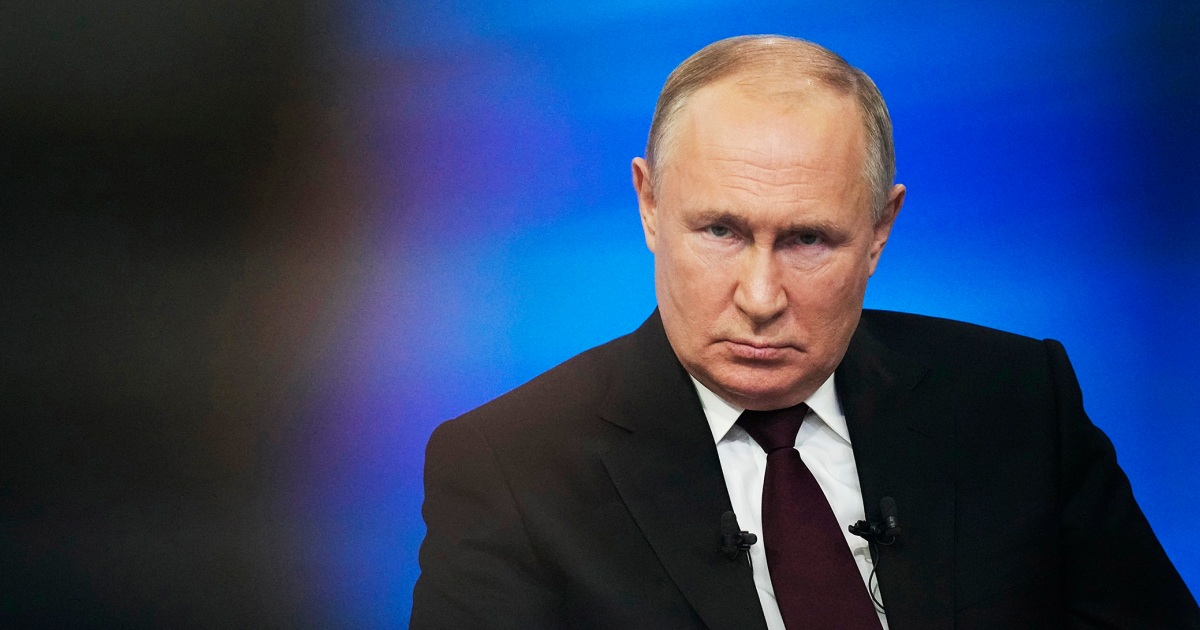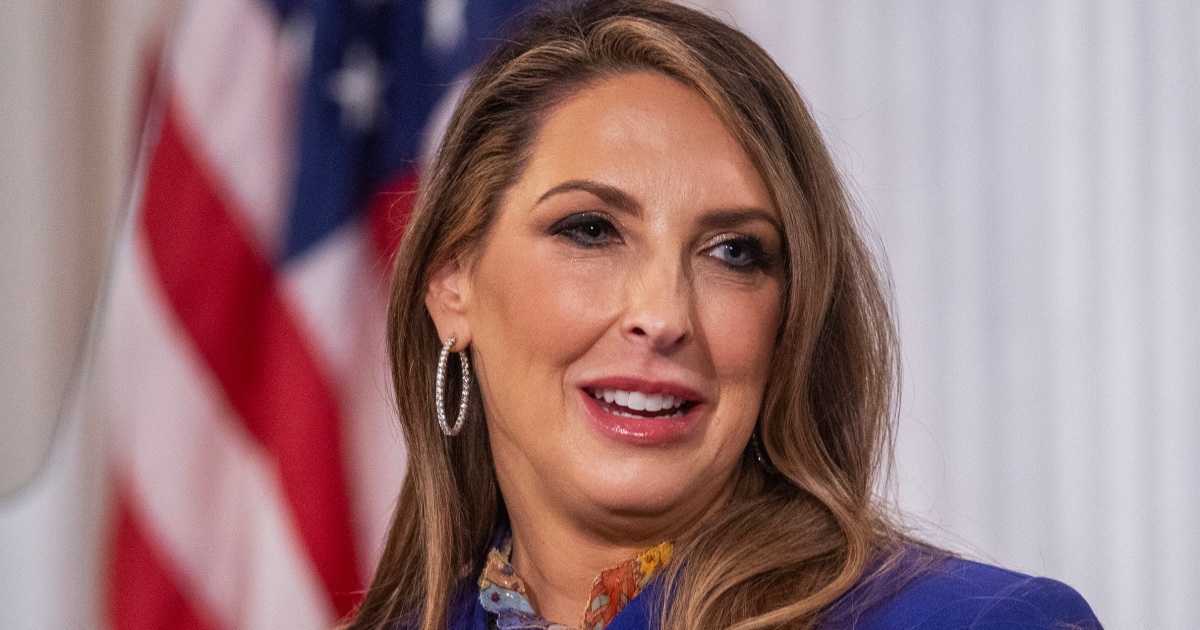Attorney General Jeffrey Rosen at a press conference at the Justice Department in September 2020.POOL / Reuters
The Donald Trump White House pressured then-Deputy Attorney General Jeffrey Rosen to examine his own unfounded allegations of voter fraud, 10 days before Rosen took over the Justice Department on an interim basis last December.
All this despite the fact that, until that moment, Attorney General William Barr had publicly acknowledged that no evidence had been found that there had been a generalized fraud that could change the direction of the 2020 presidential elections, which Joe Biden won. .
More information
US Senate report reveals security flaws ahead of Capitol storming
Visual reconstruction of the assault on the Capitol
Those emails reveal the extent to which former President Trump, his White House Chief of Staff Mark Meadows, and other allies pressured then-Justice No. 2 Jeffrey Rosen to join the former Republican President's campaign. , who tried by all means to contest the result of the elections. Trump's allies in high places even suggested that he file an appeal with the Supreme Court.
This Tuesday, the Committee on Oversight and Reform of the House of Representatives of the US Capitol has released a large collection of emails, certifying a persistent pressure campaign in the days leading up to January 6, when Biden was supposed to be ratified president by Congress and on the day that Trump supporters stormed the Capitol to prevent lawmakers from counting the electoral votes that gave the Democratic president victory. Those same emails also show how top Justice Department officials, who were unconvinced by the allegations of voter fraud, resisted calls from the White House to investigate the allegations.
In a Jan. 1 email, Trump's chief of staff, Mark Meadows, sent Rosen a link to a YouTube video about a discredited theory that votes were passed from Trump to Biden at the U.S. embassy in Rome. Rosen, now acting attorney general, forwarded the email to his number two (also acting) on conspiracy theories, who called the innuendo "utterly insane."
Shortly after the accusations against the US Embassy in Rome, Meadows asked Rosen to have a Justice Department official investigate what the Trump Administration considered to be "anomalies" when voting (for example, comparing that the registered signature was the same as the one on your ID card) in Fulton County, Georgia. In addition to the pressure on Rosen, Meadows also participated in a call between Trump and Georgia Secretary of State Brad Raffensperger, in which the former president demanded that he find evidence of the alleged fraud in that state.
"Can you believe it? I'm not replying to that message [regarding the Georgia issue], ”Rosen wrote when he forwarded the email from Meadows to Donoghue, then Acting Assistant Attorney General, following the departure of William Burr. Donoghue answered the following: "At least it is better than the previous one [in reference to the embassy of Rome], but of course, that does not say much".
Amid all the pressure, Rosen states in another email that he refused to speak to Trump's personal attorney, Rudy Giuliani, about his false claims that the 2020 election was stolen. When Trump's chief of staff, Meadows, tried to get Rosen to organize an FBI meeting with an ally of Giuliani, arguing a conspiracy theory that Italy was using military technology and satellites to favor the vote for Biden, Rosen said no it would help Giuliani. "Then I flatly refused, said that I would not give Giuliani or any of his 'witnesses' any special treatment, and I reaffirm myself now that I will not speak to Giuliani about any of this," Rosen wrote to Donoghue.
New emails released Tuesday by the House Oversight and Reform Committee provide additional details to reports released in early June by
CNN
,
The New York Times
and other outlets about Meadows' electronic communications to Rosen after the election, which revealed how the White House's top adviser had lobbied the Justice Department to benefit Trump.
Subscribe here
to the
EL PAÍS América
newsletter
and receive all the informative keys of the current situation in the region.

/cloudfront-eu-central-1.images.arcpublishing.com/prisa/DCKYFUDQFVFIJK5NX2PPNQTTKI.jpg)
/cloudfront-eu-central-1.images.arcpublishing.com/prisa/EE6ZYEXWFNV7OST5APRGRMUASI.jpg)






/cloudfront-eu-central-1.images.arcpublishing.com/prisa/E7Z72EJVXA76G7V2QJOUL5JMP4.jpg)